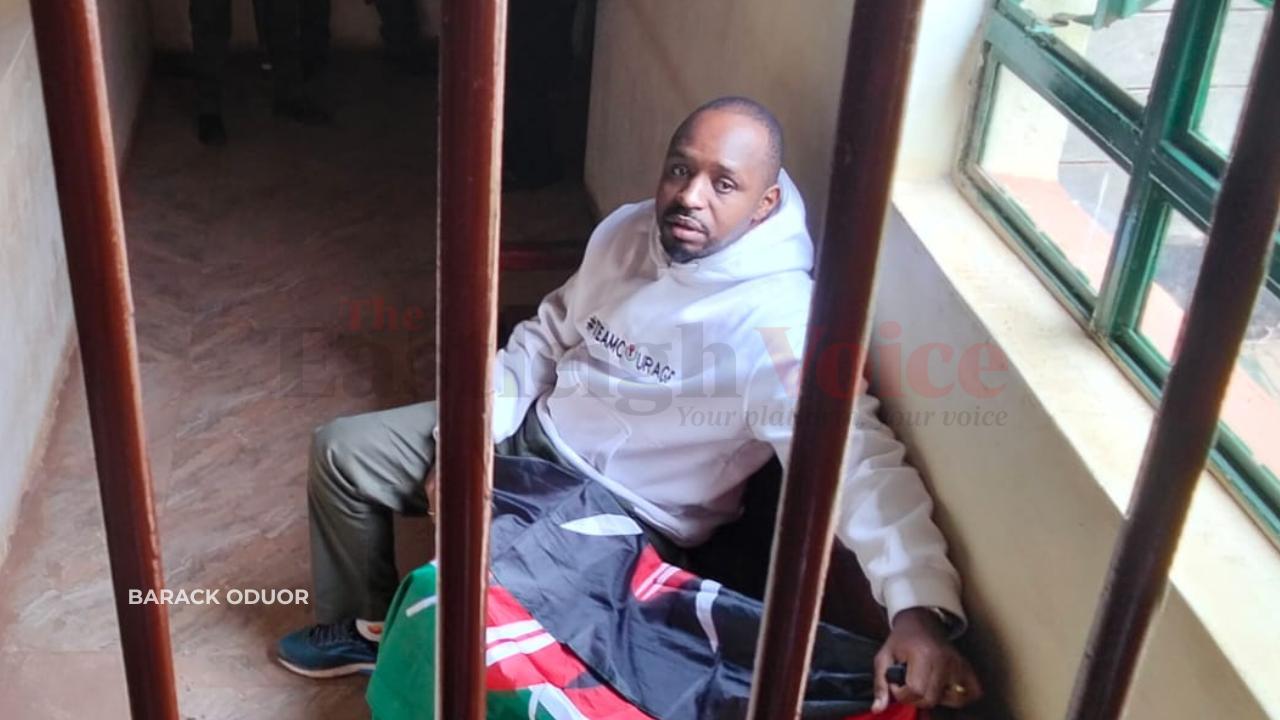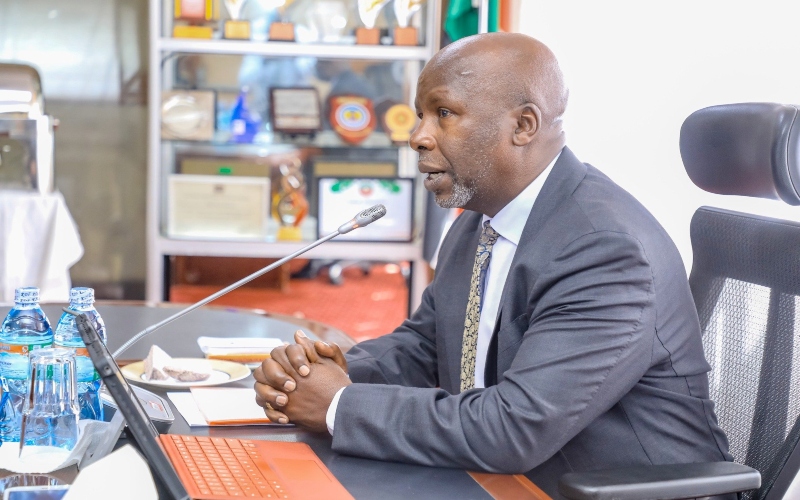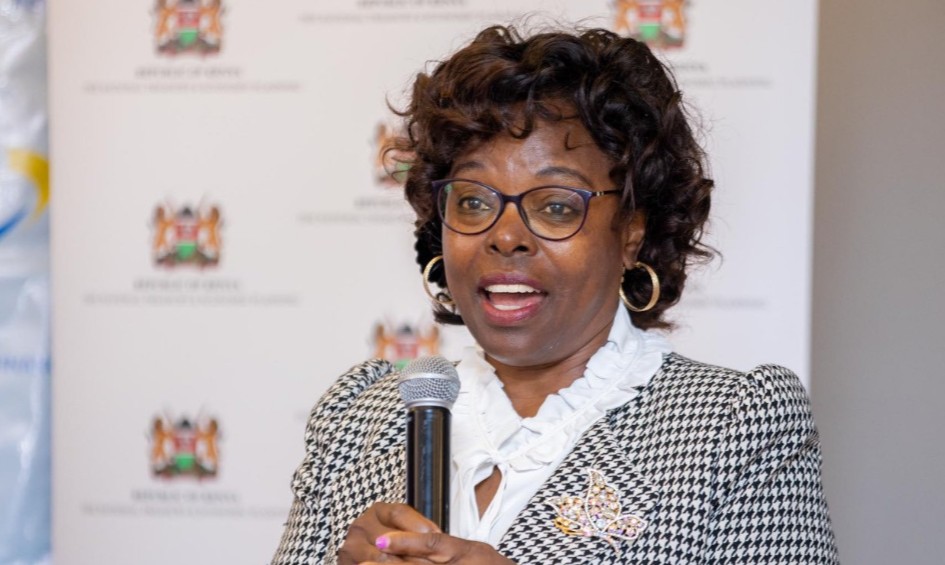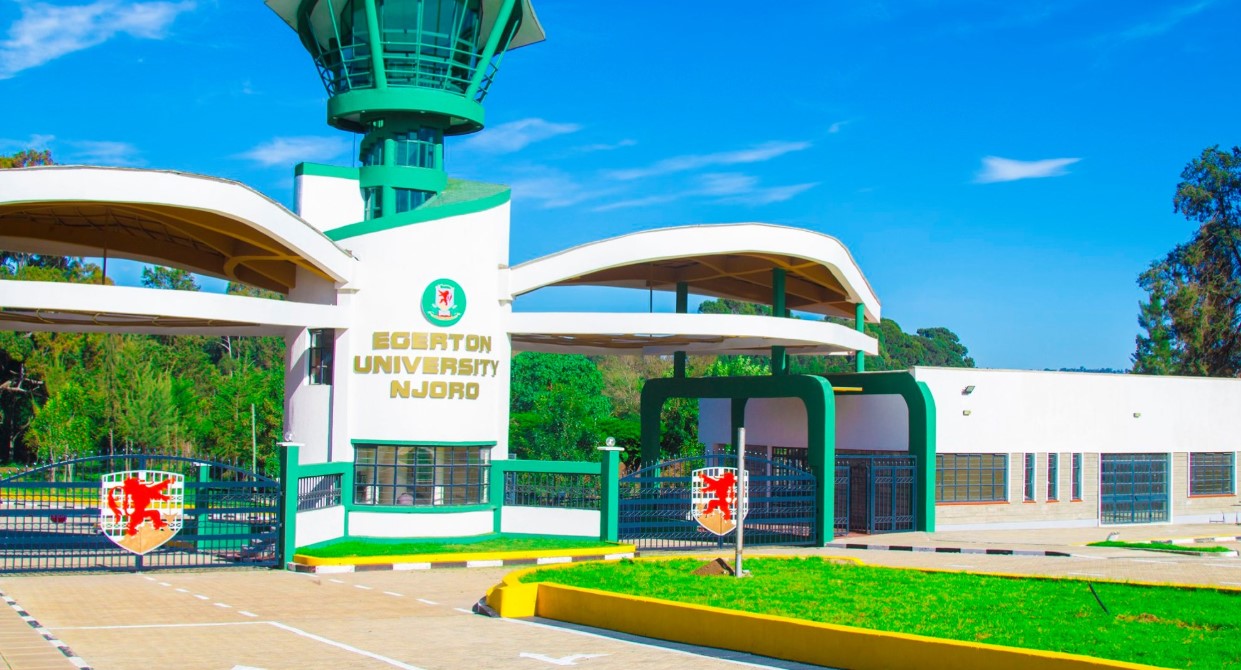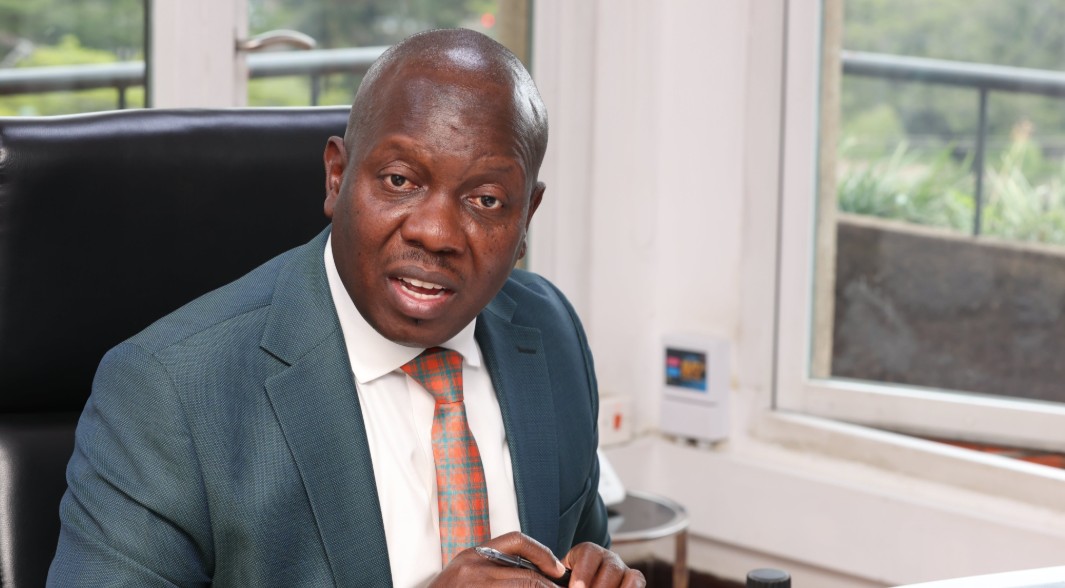Reuben Kigame declares Sh60 million net worth, says 2027 bid will rely on donations
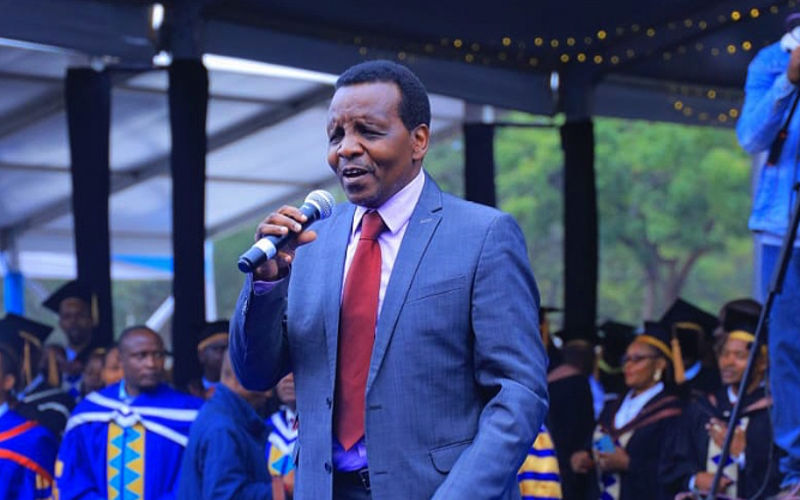
Presidential aspirant Reuben Kigame has laid bare his financial worth and campaign strategy, insisting he will rely on citizens’ support to fund his bid for State House while promising a radical shift in Kenya’s leadership.
Appearing on Citizen TV’s JKLive show on Wednesday night, Kigame disclosed that his net worth stands at about Sh60 million, made up of his house, car, and personal belongings.
More To Read
- IEBC announces resumption of continuous voter registration from September 29
- Activist Boniface Mwangi enters 2027 presidential race with justice and equity agenda
- Social justice movements form Kenya Left Alliance, vow to contest all seats in 2027 polls
- Challenging the status quo: Githunguri MP Gathoni Wamuchomba tells it all
- Why Sifuna, Wamuchomba’s Kenya Moja outfit could seek the presidency
- House Committee rejects Ruto-backed presidential transition Bill
He dismissed the notion that a viable presidential campaign must be bankrolled through questionable sources.
“I have a house that is maybe worth about Sh30 million. I have a car worth around Sh3 million. I have clothes, a music system, computers, and other things. But even if you put everything together, I don’t think it amounts to much; you would get to maybe more than Sh50 million or Sh60 million,” he said.
The gospel musician-turned-politician said his campaign will be driven by donations from Kenyans and well-wishers.
“You once saw the donation button, yes, that is one way, through my contributions. Of course, I have friends who are helping me, and I hope they continue to do so. I do believe that citizens, anywhere, not just in Kenya, can fund a presidential candidate. And it doesn’t stop when Kigame says he wants to be president, we have a paybill, and I do believe Kenyans can support me,” he stated.
He stressed that his campaign will not entertain money from dubious sources, adding that he wants to inspire a new culture of politics financed by ordinary people.
“I don’t want any of that money if I know the source is wrong. So, I want to challenge Kenyans to put money in an alternative candidate. It happened with Obama, it can happen here,” he declared.
Kigame, who was disqualified from the 2022 race by the Independent Electoral and Boundaries Commission (IEBC) for not meeting signature thresholds, further alleged that his dispute with the Kenya Revenue Authority (KRA) began after he filed a case against senior security officials.
“Because I live off royalties, after I filed the case against our security bosses, the next day, KRA was knocking, saying that I sold a house, which I never sold. They said I owe the government like Sh20 million, which I don't. It’s because they were calculating the worth of a tower, I think, that sits on my compound that is owned by Airtel. And that’s not mine. So, but the curious thing is, why did they come?” he posed.
Turning to his vision for leadership, the presidential hopeful pledged to introduce what he described as radical and disruptive governance anchored in education, values, inclusivity, and media freedom.
“My presidency will be disruptive; I am a radical disruptor. We want to change the way politics and leadership in Kenya have been for a long time,” he said.
Kigame highlighted education as central to his agenda, drawing inspiration from the late President Mwai Kibaki’s reforms.
“I want teachers at the centre. I taught at Mary Hill High School, I worked with the Teachers Service Commission (TSC), resigned, and even now I teach part-time at Africa International University. I want education to go back to where it was and even better,” he said.
He also vowed to safeguard press freedom and promote inclusive governance by mainstreaming the leadership of persons with disabilities.
“I want to mainstream persons living with disability. It's assumed that if you have a disability, you can't lead, yet history is full of people with disabilities who led,” he said, pointing to leaders like Tim Wanyonyi and Crystal Asige.
Kigame added that he would bring “values” into the presidency, arguing that integrity and adherence to constitutional principles are lacking in today’s politics.
“I want to bring the most important thing, values, because that's one thing every politician wants to avoid. Article 10, Chapter, Article 232. All these speak about values. You can't do government without values,” he said.
Top Stories Today
